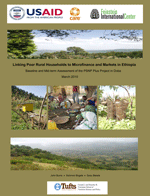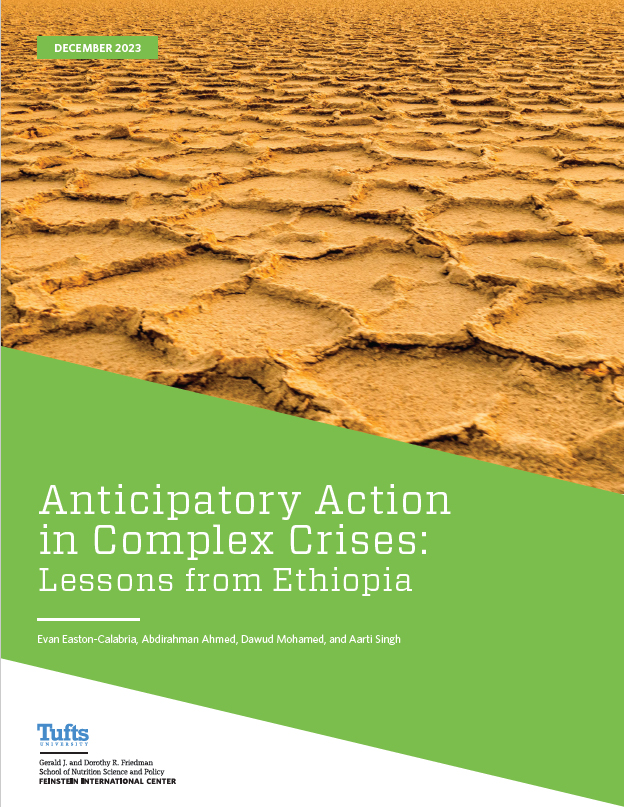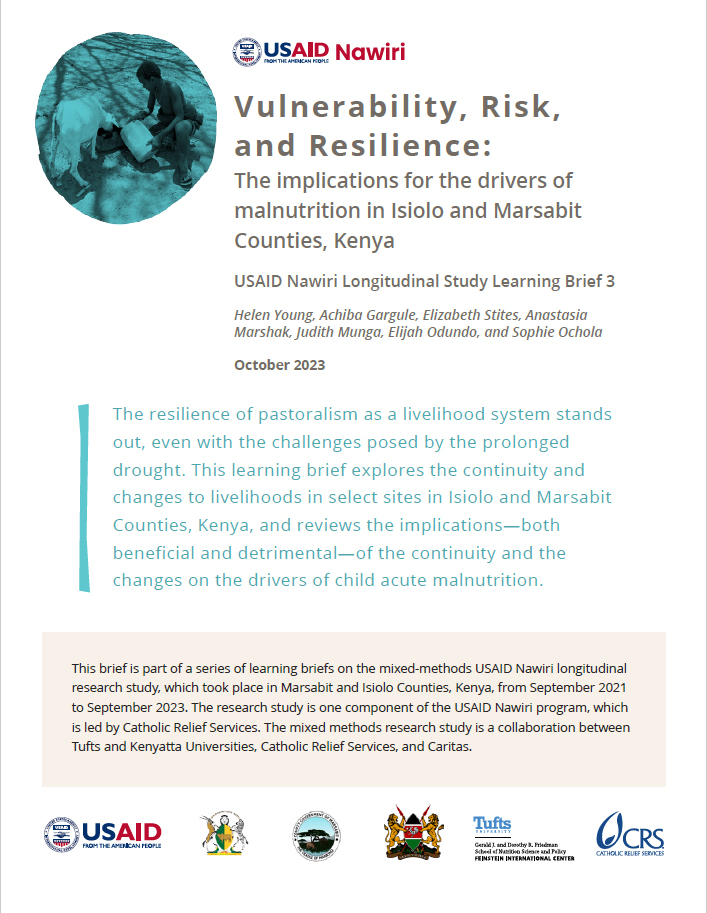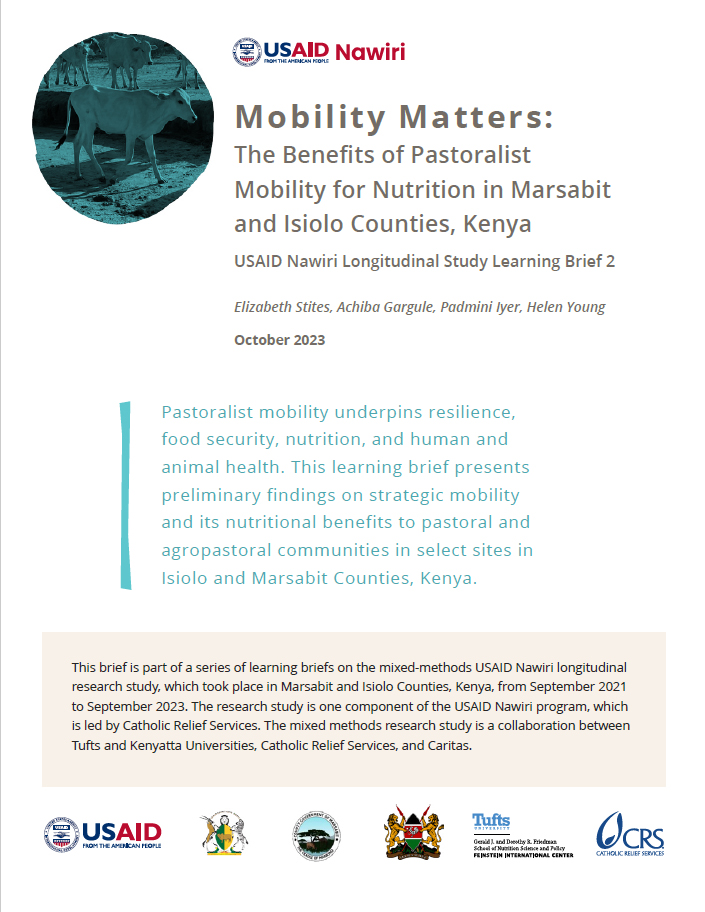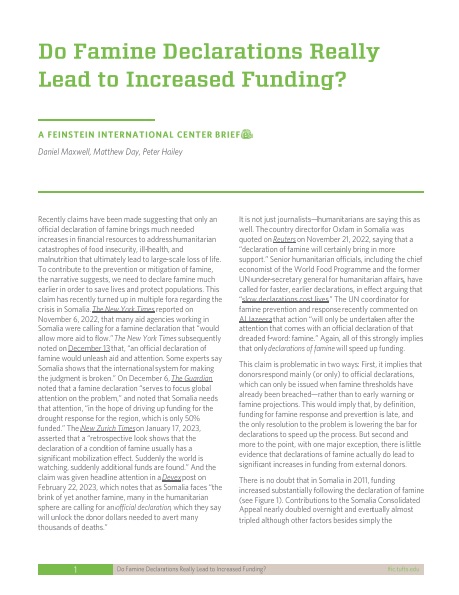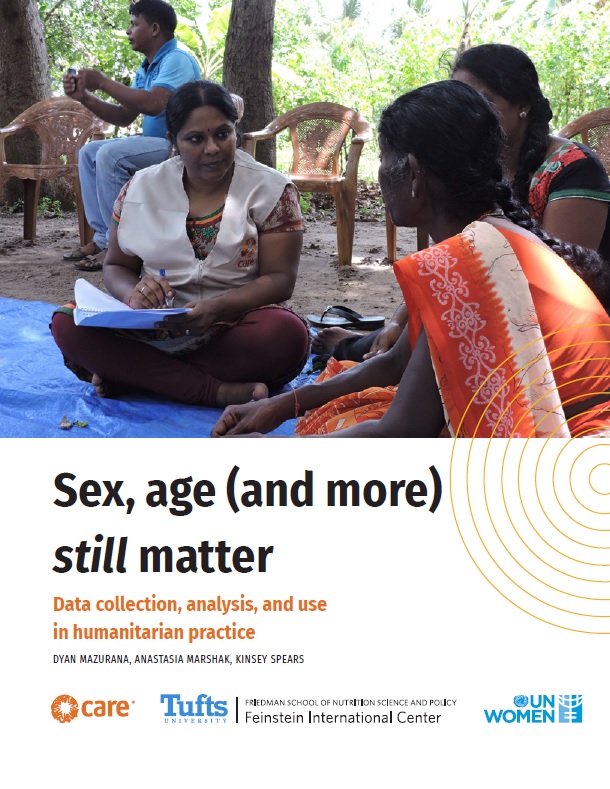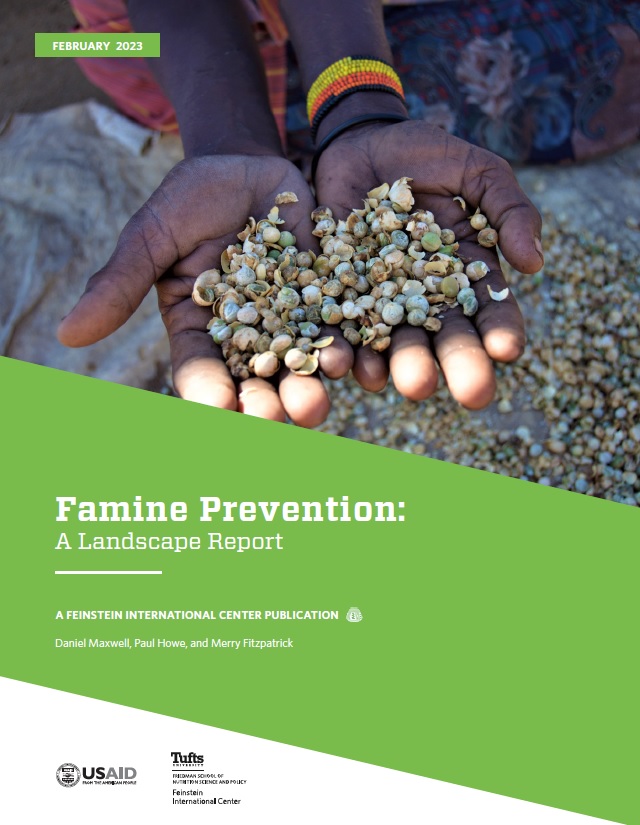This report presents the findings of the first two stages of an assessment of the PSNP Plus project in Doba woreda in West Hararghe.
These assessments are part of a broader longitudinal impact study of the PSNP Plus project, which targets poor, rural households in food insecure areas that benefit from the Productive Safety Net Program (PSNP). The goal of PSNP Plus is to move households towards graduation from PSNP through market-driven approaches to diversify their livelihoods, build assets and link to financial services and markets.
The PSNP Plus project started in the last quarter of 2008 and aims to link PSNP participants to both formal microfinance and (in the interim or absence of this) to informal microfinance by establishing Village Savings and Lending Associations (VSLAs). The project also attempts to link PSNP households to markets through the development of different types of commodity value chains. The PSNP Plus project in Doba is supporting three value chains; cereals, white pea beans, and honey. This study specifically focused on the last two of these value chains, as well as on the VSLA activities.
This report includes a retrospective baseline on specific types of household assets and a midterm assessment of the project; it also offers a number of recommendations for real-time adjustments based on the assessment findings.

